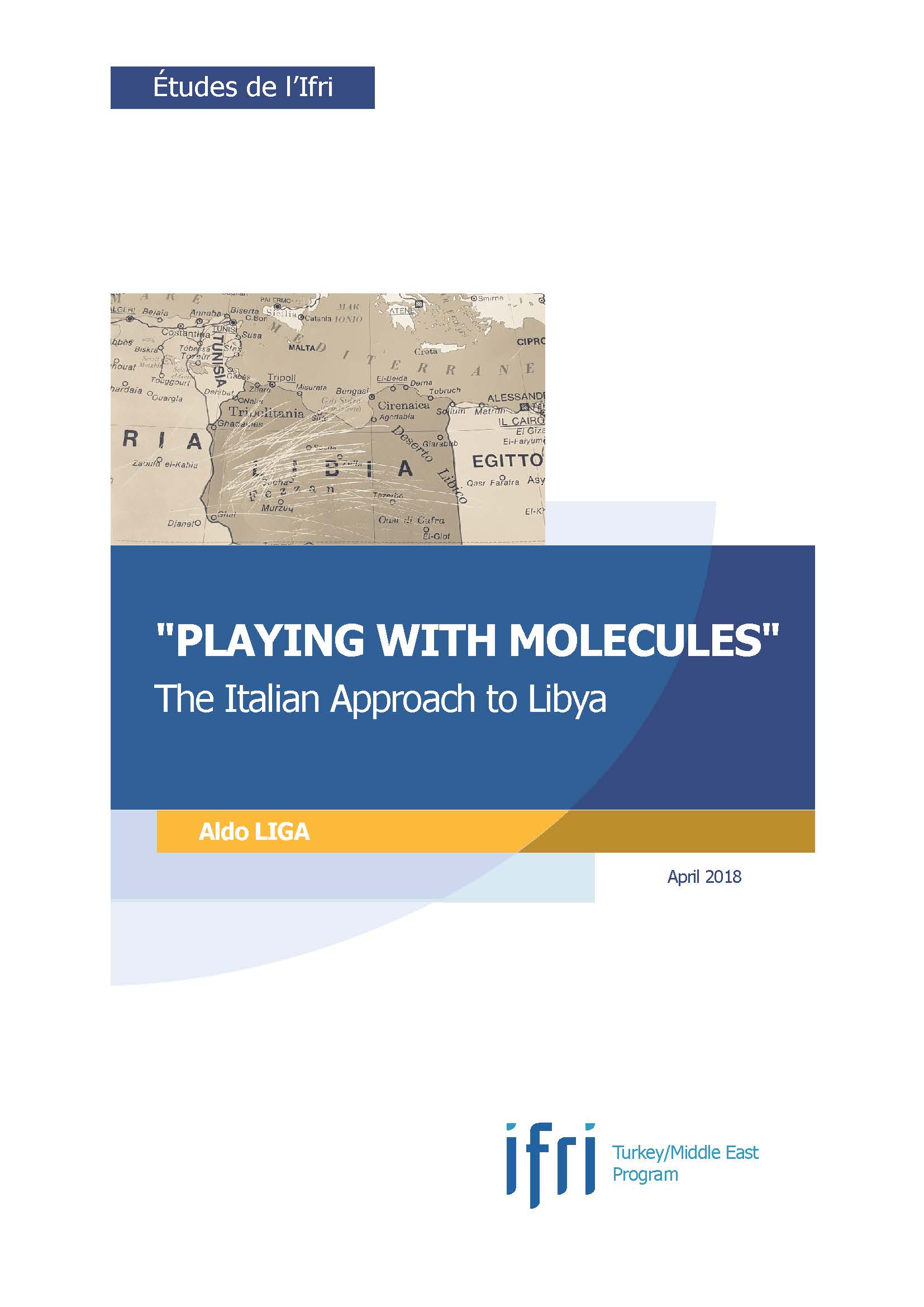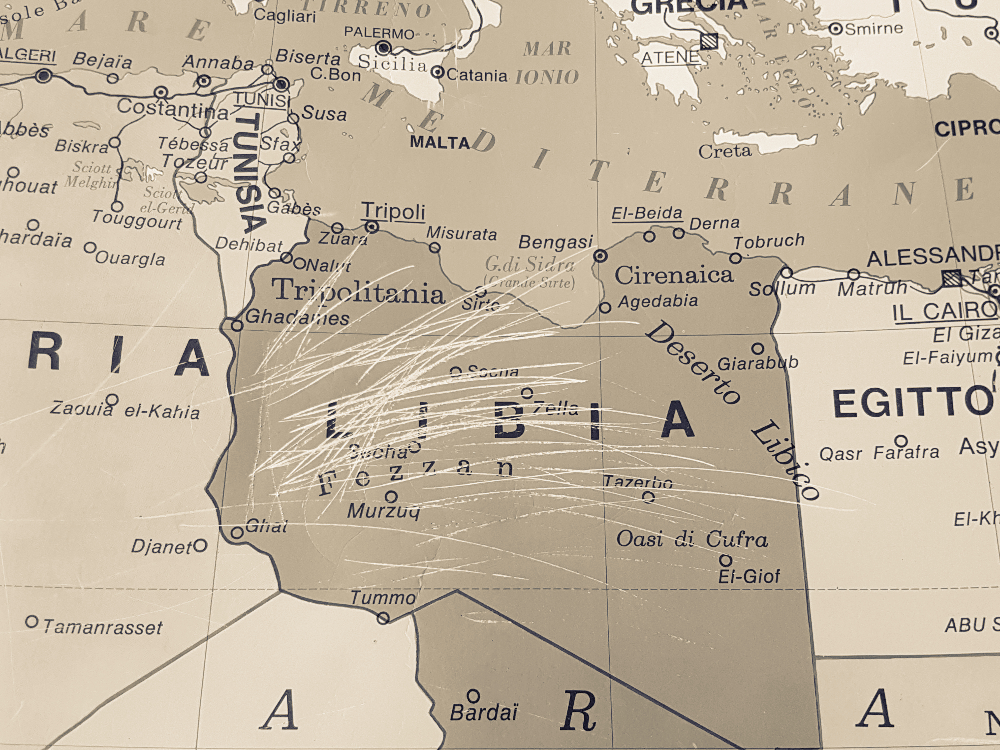"Playing with Molecules": The Italian Approach to Libya

This paper aims to analyse the many ways in which Italy is trying to play with the many Libyan “molecules”, the different parties of a fragmented and collapsing country, and the possible implications of the strategy adopted by the Gentiloni government and its Minister of Interior, Marco Minniti, towards the country and the migratory crisis.

Rome engaged a patient strategy of “mending” with the two main national actors and with a plethora of local players, tribes, municipalities, city-states, and militias struggling in the quest for power. For Italy, a stable Libya is crucial to manage the flow of migrants leaving the country and crossing the Strait of Sicily, to ensure energy provisions, and to manage licit and illicit economic activities in the Mediterranean. Trying to assess the resilience of this strategy is of the utmost importance in order to have a measure of which kind of responsibility Rome assumed over the past two years and what kind of accountability would be inherited by the incoming government. Indeed, the “molecular” approach carried out by the Gentiloni Government in the country should be viewed as a double-edged strategy: while the migration flow dramatically shrank over the past months, economic relations recover and informal cooperation forges new spaces for dialogue, promoting ambiguous players, without a comprehensive approach and a clear political vision, could undermine prospects for peace in the country, Italian national interests and the future of Italy-Libya relations.

Available in:
Regions and themes
ISBN / ISSN
Share
Download the full analysis
This page contains only a summary of our work. If you would like to have access to all the information from our research on the subject, you can download the full version in PDF format.
"Playing with Molecules": The Italian Approach to Libya
Related centers and programs
Discover our other research centers and programsFind out more
Discover all our analyses
RAMSES 2025. Between Powers and Powerlessness
Never before have there been so many powers able to upset the international balance of power, and never before have the dominant powers seemed so powerless to counter the fragmentation of the world.
Out of Thin Air but More than a Mirage: The Politics of Saudi Arabia's Nascent Music Industry
This study critically examines Saudi Arabia’s nascent music industry, which is promoted as a key element of Vision 2030, Crown Prince Mohammed bin Salman’s strategic framework to diversify the kingdom’s economy. It explores how state-led investments in music and entertainment intersect with authoritarian governance. The author neither dismisses these investments as conspicuous spending nor reproduces an alarmist narrative of impending cultural imperialism. The article takes a political sociology approach to understand how Saudi entertainment plans consolidate domestic power and reshape regional cultural landscapes.
Hostage diplomacy of the Islamic Republic of Iran. The case of Europeans detained in Iran
The so-called hostage diplomacy of the Islamic Republic of Iran refers to a political and diplomatic strategy in which Tehran uses the detention of Western nationals, dual citizens, or Iranian citizens residing in Europe, Australia, or the United States as leverage in diplomatic negotiations. This practice aims to exert pressure to secure political, economic, or diplomatic concessions as part of Tehran’s asymmetric response strategy. Hostage diplomacy remains a controversial yet effective tool from the perspective of the Islamic Republic of Iran, given its context of economic sanctions and diplomatic isolation.
Is the Republican People’s Party (CHP) Rising from the Ashes?
The victory of the CHP [Cumhuriyet Halk Partisi, Republican People’s Party] in the Turkish municipal elections of March 2024 firmly established it as the leading party of opposition to the Islamic-conservative AKP [Adalet ve Kalkınma Partisi, Justice and Development Party], which has been in power since 2002.







